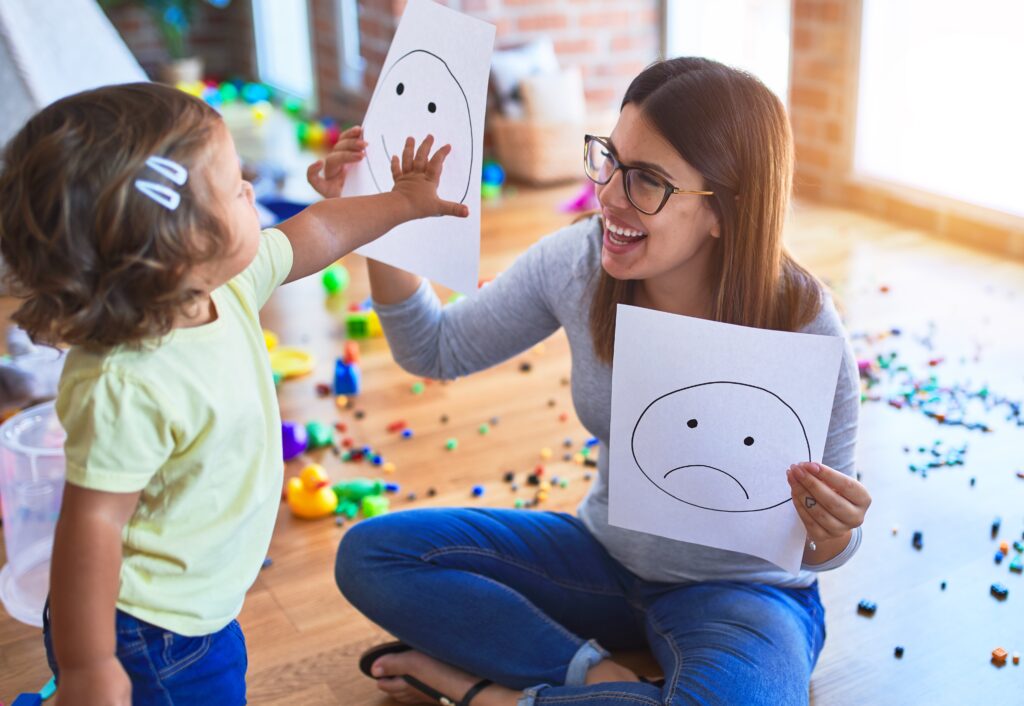At the core of our humanness is the impulse for love and relationship. Love, it seems, is one of our most basic human necessities, and its presence in our lives can be the difference between a happy existence and a depressing one. Although there are as many definitions of love out there as there are people, I think it is safe to say that, at bottom, we all want to be loved, acknowledged, and appreciated; and we want to feel that warmth and closeness with our loved ones, even if we might not always admit it.
According to the Ancient Greeks and several Eastern philosophical traditions, friendship is considered the highest form of love because it carries no compulsion and is given freely. In friendship, we treat the other person as a human being with a spirit and not as an object for our satisfaction. Friendship, then, is rooted in seeing another as they really are and in selfless giving.
John Gottman, leading relationship expert in the US and founder of the Gottman Method approach to couples therapy, spent 40 years conducting research with thousands of couples to determine what factors led to a lasting and healthy relationship. He found that the single most essential factor to the success of marital relationships was the quality of their friendships. It seems that Nietzsche knew this truth when he wrote, “It is not a lack of love, but a lack of friendship that makes unhappy marriages.” More importantly, this principle does not only apply to couples. Friendship can be the foundation for any close relationship, be it between parents and children, siblings, family members, or platonic friends.
But what is friendship? Of course, friendship is such a subjective experience that nobody could outright list all the qualities that contribute to a good one. Furthermore, experts through the years have written about this topic to death, and the internet is saturated with articles such as these, so I won’t be doing a deep dive, but rather, sharing just a few concepts to help remind you of what you already intuitively know. Below are five key elements that have generally been discovered to be foundational to deep friendships, and therefore, to successful loving relationships of any kind.
Knowing Your Friend
This goes without saying, but in order to be friends with someone, we have to get to know them first. This means spending and enjoying time with them, learning about their life, recognizing their personality, and understanding their values and goals. In other words, becoming familiar with their world.
Mutual Respect and Regard
Being friends with someone means having respect for them, accepting their lifestyle, and appreciating their ideals, even if we don’t agree with them. It means admiring differences and believing that other perspectives have value, even if they might not align with our sensibilities. In friendship, we maintain a sense of positive regard and fondness towards our friends no matter what, and we express that in unique ways.
Trusting in Their Good Intentions
Unless your friend has hurt you repeatedly and shows no signs of remorse, being a friend means giving the other person the benefit of the doubt even when they let you down. We all make mistakes and do things unknowingly that hurt others. If we are to move forward, we must make room to forgive ourselves and others and learn from our mistakes. If we enter into a relationship with a primary stance of trust, rather than mistrust, we can overcome any difficulty. Oftentimes, when trust and reliability begin to erode, we assume the worst instead of trusting in their good intentions; and this can quickly lead to a downward spiral. Even the deepest friendships can experience intense disagreements, conflicts, or fights. But what separates lasting friendships from temporary ones is that there is a basic trust at the center, a movement toward understanding, and a willingness to repair after a rupture.
Giving
Selflessness is one of the most important qualities in a friendship because it makes the other person feel truly loved and draws friends closer together. But selflessness does not mean sacrificing ourselves. Sometimes it means giving of our time and resources or giving advice when we are asked. Sometimes it means sharing kind words of appreciation or expressing our gratitude at spontaneous moments. Sometimes it means presenting gifts or performing acts of service for our loved ones. And sometimes, if we can’t do any of those, it just means listening and caring. The important thing is that we get out of our own way and offer what the other person needs or wants, for in the words of Saint Francis of Assisi, “it is in giving that we receive.”
Emotional Intelligence
Emotional intelligence is an often-overlooked quality in our society, yet it can be critical for sustaining deep friendships or relationships of any kind. Emotional intelligence means being in touch with our feelings in a healthy manner, and being able to express and communicate them (verbally or nonverbally) effectively and compassionately. The good news is that emotional intelligence can be learned over time. For this to happen, we have to get to know ourselves, and in an even deeper way than we know our friends. After all, we make up 50% of the relationship! Knowing ourselves leads to loving ourselves, and these translate into knowing and loving others. Over time, we come to develop a deep feeling of love for everyone and find friends everywhere we look.
More importantly: what does friendship mean to you?
Resources for Further Reading
- The Seven Principles for Making Marriage Work by John M. Gottman, Ph.D.
- The 5 Love Languages by Gary Chapman
- Nonviolent Communication by Marshall B. Rosenberg, Ph.D.
Please visit goodtherapysandiego.com or contact us at (619) 330-9500 to get started with a therapist today!








